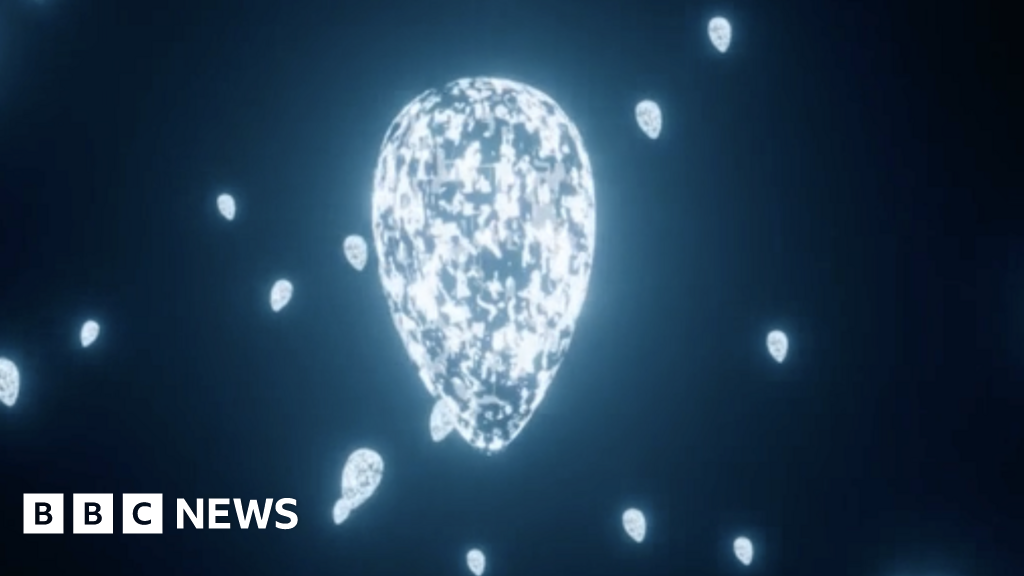- cross-posted to:
- [email protected]
- cross-posted to:
- [email protected]
cross-posted from: https://lemmy.zip/post/1293808
Archived version: https://archive.ph/fHjNq
Archived version: https://web.archive.org/web/20230810182753/https://www.bbc.co.uk/news/science-environment-66407099



Muons are naturally generated by cosmic ray protons colliding with atmospheric molecules and creating pions, which then rapidly decay to muons and muon neutrinos. These themselves then decay into a bunch of other things.
That muons can hit the Earth is one of the key pieces of evidence in favor of relativity, in fact. As you say, with a mean lifetime of 2.2 nanoseconds, they shouldn’t be able to hit the surface of the Earth, but because at relativistic speeds time dilation occurs from our frame of reference (or, equivalently, in the muon’s inertial frame, it sees the distance it has to travel be radically shortened via length contraction), they do end up hitting the earth.
I doubt it, because they decay so quickly. AFAIK you have to do it via the pion decay route, and all the muons we create are in particle accelerators. I guess it would be like how we create radioactive isotopes in hospitals on-demand for medical purposes that wouldn’t survive transportation to the hospital before decay, and couldn’t be stored long-term because, well, they would decay.
as an aside, Nature is rather more pessimistic about the discovery, which I think is reasonable.